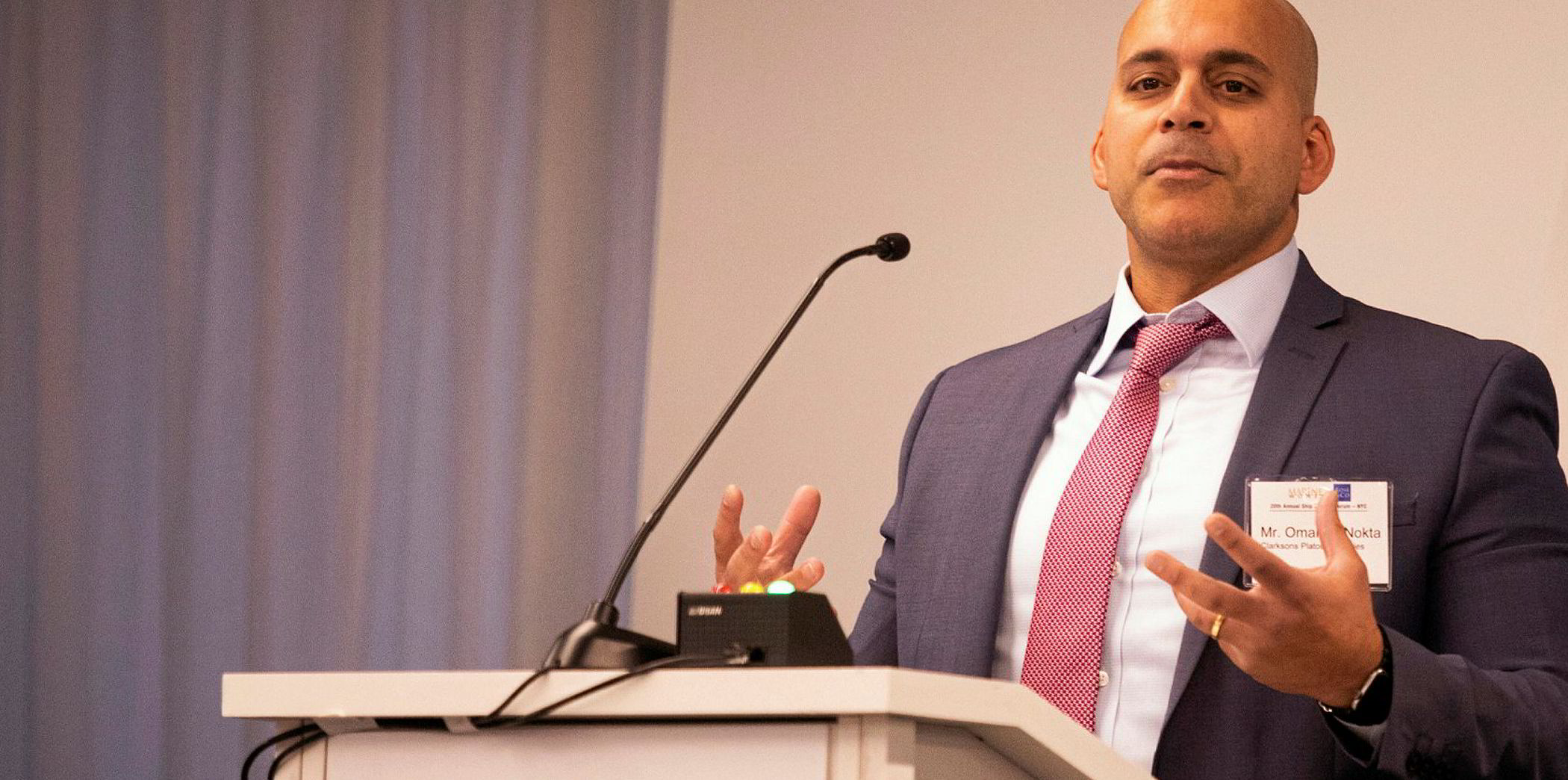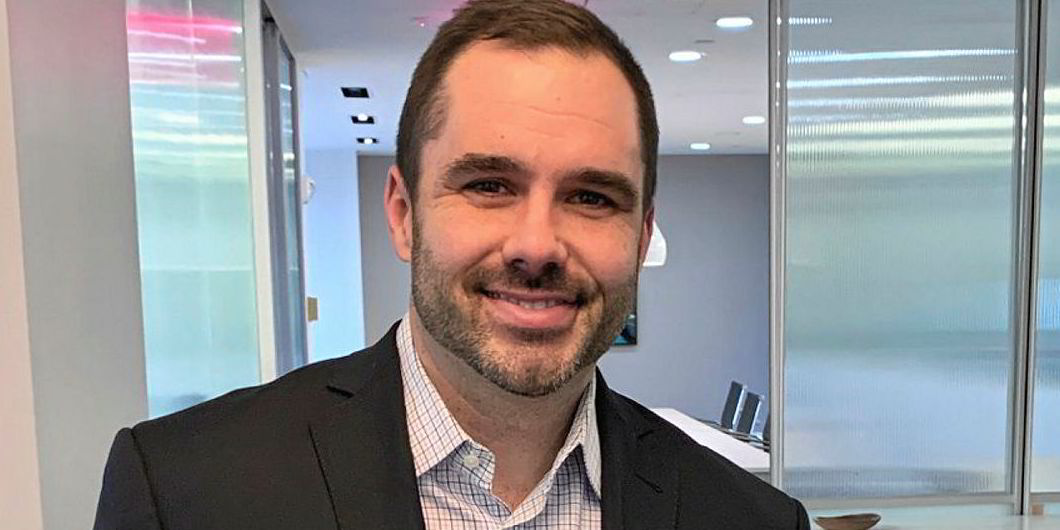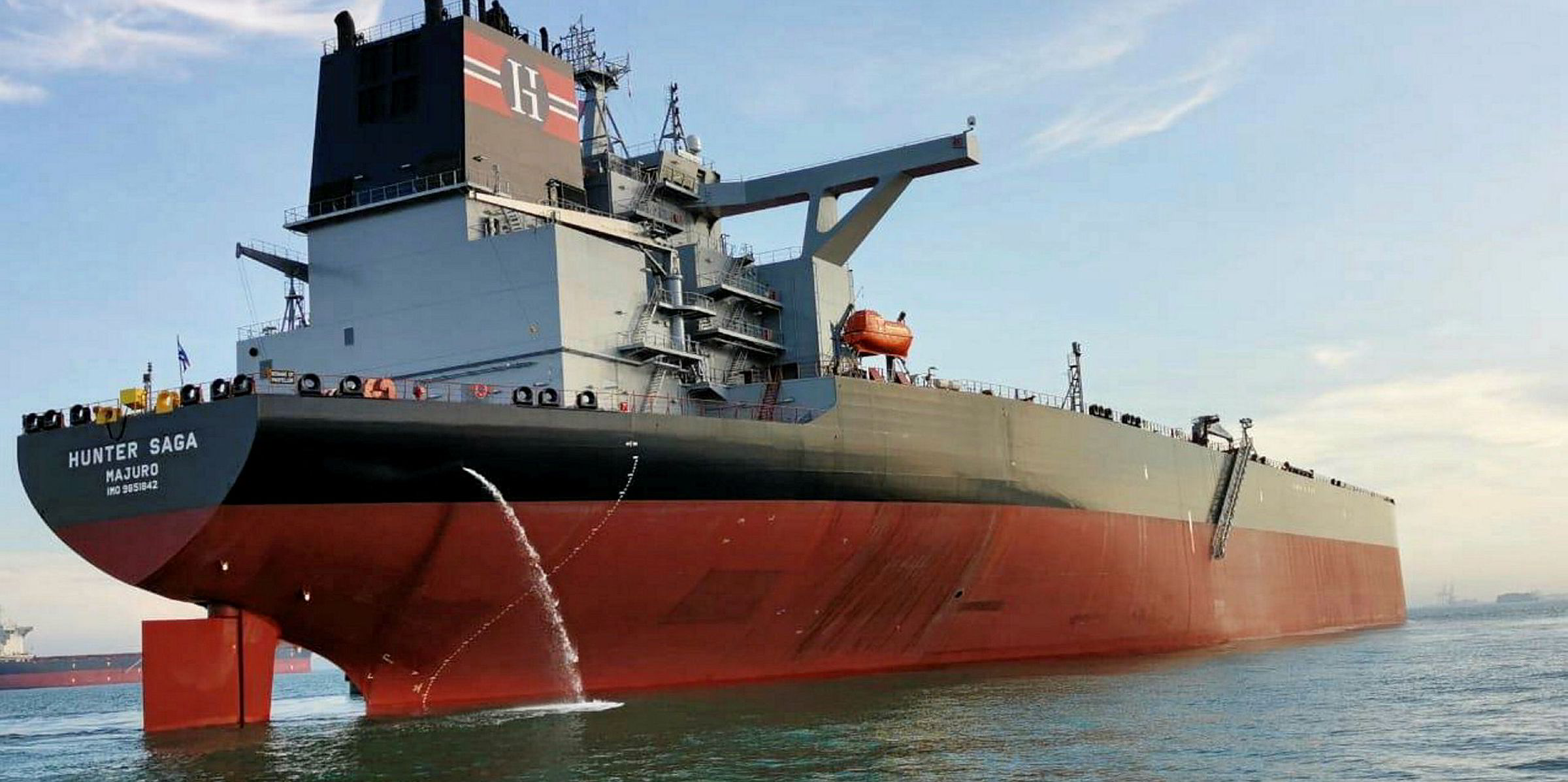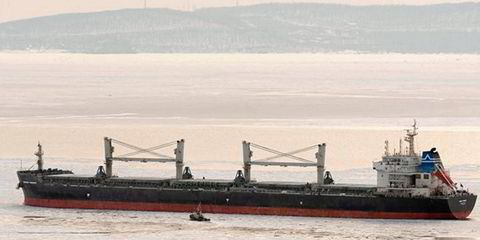Public shipowners ought to consider ditching their pure-play vessel ownership models if they hope to ever regain interest from mutual funds and improve their sagging valuations.
That appeal for fleet diversity came from veteran Clarksons Platou researcher Omar Nokta on a Capital Link analyst panel Thursday as members brainstormed over what measures owners might take to close what are mostly massive discounts to their steel value or NAV.
The pure-play concept by and large has been pushed on shipowners by investment bankers since the early 2000s as a way to be investor-friendly, but Nokta said it depends on what investors one is talking about.
"It's much easier for hedge funds to invest in a company that is an exclusive play," Nokta said.
"But the management of these companies is riding up and down the cyles, and when you do that, you're eliminating mutual funds. You lose the ability to interact with them and attract them as large investors.
"They're not as focussed on an asset type. It's more about management teams and strategy. We've seen companies generate cash and use it to buy more of the same asset they already have. They could use the cash to diversify and ride out the cycle in a smoother fashion. There's not enough diversification."
Fellow analysts Ben Nolan of Stifel and Randy Giveans of Jefferies were not exactly buying into Nokta's solution, but for different reasons.
Nolan said many conversations with mutual funds have shown him they've checked out of shipping.
"Most have said, 'I'm not going to be at the front of the line. I have to be really dedicated to (the investment) or I'm out.' I'm afraid when they're out, they're out for good."
Giveans simply didn't buy the pure-play versus diversification dichotomy as the reason for shipping falling out of favour with investors.
"I don't know if companies trading at big discounts to NAV is because of a lack of diversification," Giveans said. "I can name several with diversified fleets that trade at massive discounts to NAV."
While some analysts and many owners say it's just a matter of companies generating sustained positive earnings to bring trading levels back to NAV and above, Nolan sounded a worrying note that it may not be that simple.
Nolan said that in some ways Crooks, as a private owner, is in an enviable position compared to public owners.
"You don't have to care what your share price is – you can invest when you should invest," Nolan said.
"Once a company gets painted into a 'should trade at a discount to NAV' box, it's really hard to break out. It's a much harder problem to fix than it is to create."







